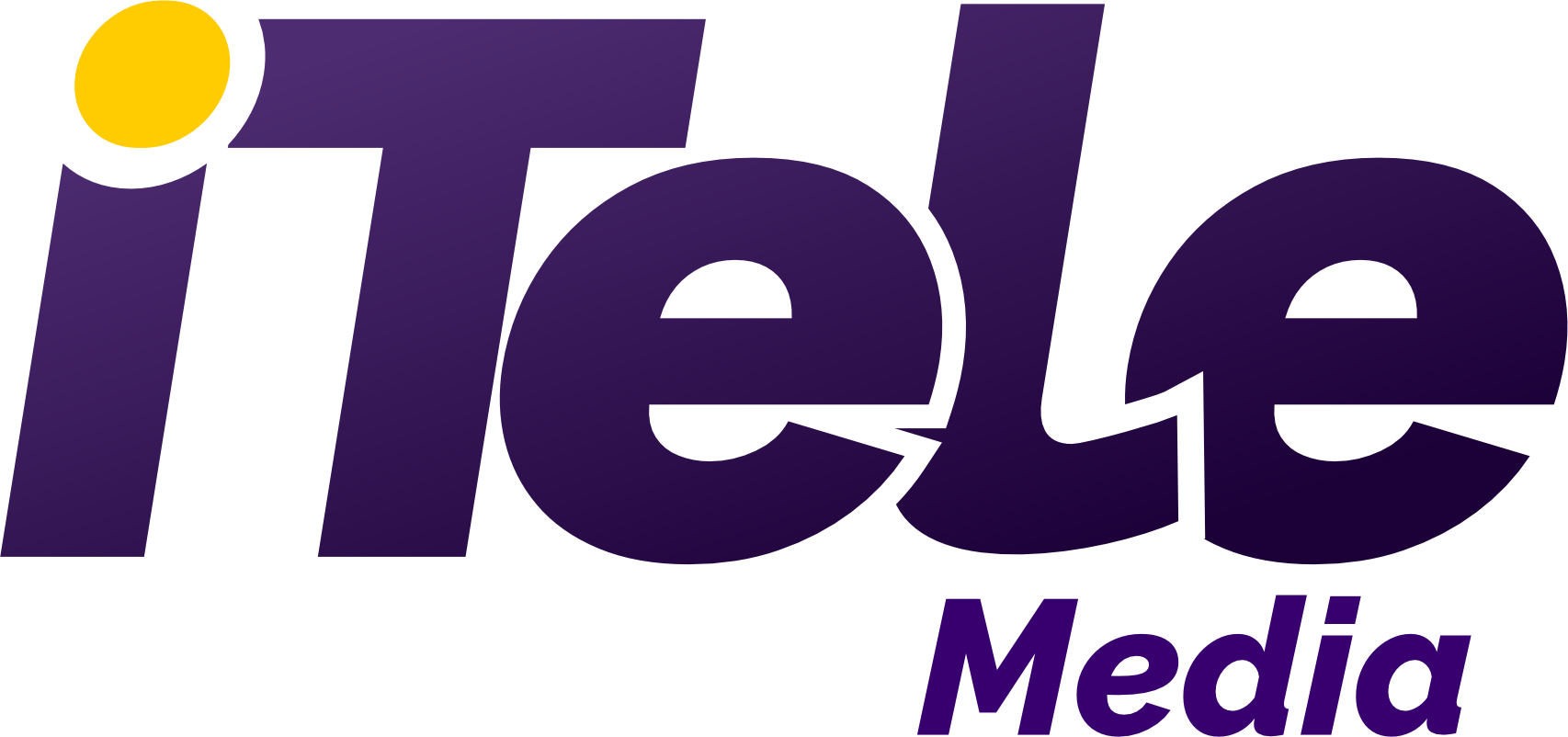Conclusion
Let’s end this how we started: straight talk. Nigerian football has always been a paradox—a land of limitless talent and endless dysfunction. For decades, clubs have blamed “lack of funding” for their failures. But here’s the truth: Money isn’t the problem. It’s what you do with it.
Remita’s ₦1 billion deal isn’t a magic wand. It’s a mirror. Clubs that see this as a handout will fumble it, just like they did with BetKing and MTN. But those who treat it as a blueprint—a chance to automate payments, modernize operations, and build trust—will unlock something Nigerian football hasn’t seen in decades: sustainability.
The Crossroads
Path 1 (The Easy Route): Collect your ₦7.5m yearly, spend it on quick fixes, ignore Remita’s tools, and pray for a miracle.
Where it leads: By 2027, you’re back to square one—begging for bailouts while your best players flee to Rwanda.
Path 2 (The Grind): Use every kobo to build systems. Digitize tickets. Automate salaries. Invest in kids who’ll sell for millions in 2030.
Where it leads: You’re not just a club. You’re a business. Investors queue at your door. Scouts stalk your academy.
A Message to the Skeptics
“But Remita’s rules are too strict!” Good. Nigerian football doesn’t need another enabler of chaos. It needs adults in the room—partners who’ll force clubs to grow up.
“What if we fail?” You will. But Remita’s deal gives you four years to fail forward. Experiment with streaming platforms. Blow ₦1m on a terrible merch line. Learn. Adapt.
The Final Whistle
This isn’t about surviving the NPFL. It’s about outliving it. In 10 years, historians will write about this moment. They’ll split clubs into two eras:
Pre-Remita: A graveyard of broken promises and empty stadiums.
Post-Remita: The dawn of professionalism, where clubs became institutions.
Which side will you be on?






